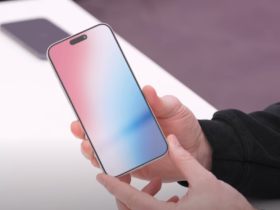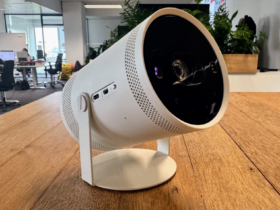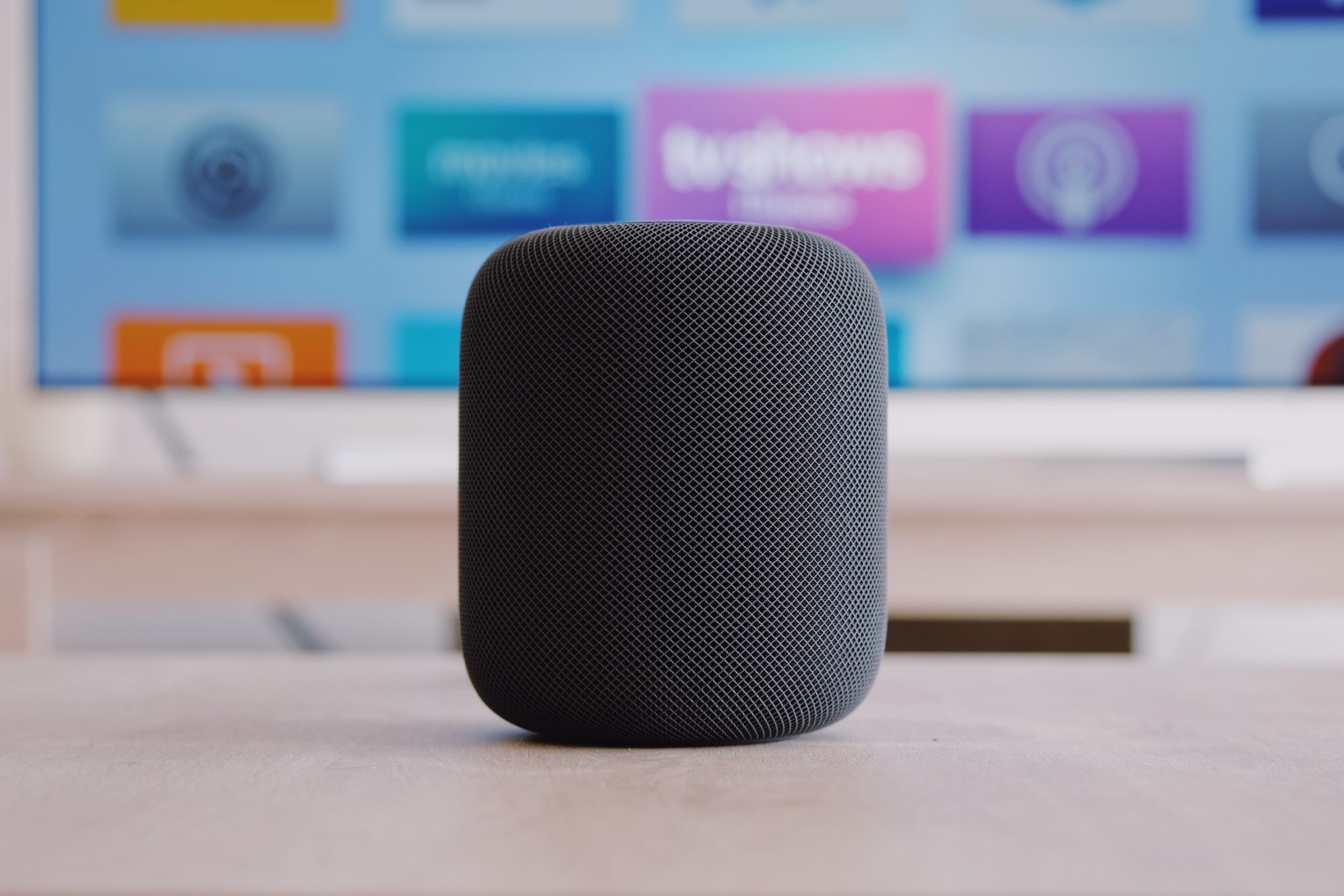“Hey Siri, turn on the lights in the living room.” With a smart speaker in your home, you can control everything from the couch while your iPhone is on the other side of the room: from starting up your Xbox console to turning down the smart thermostat. You almost wonder how you ever managed without it! So what should you look for when looking for a smart speaker?
Almost everyone has a smart device in their home these days, such as a smart TV, a smart doorbell or smart lighting. A smart speaker is then actually indispensable: the voice assistant literally controls everything for you. Besides controlling your Smart Home, you can of course also simply play music on it. And those smart speakers don’t sound so bad after all!
Smart speaker: what do you look for?
Smart speakers come in all shapes and sizes, but which one is right for you? That mainly depends on your needs and purposes. Here are five things to look out for when buying a new smart speaker.
#1 Voice assistant and platform
The thing that makes a smart speaker so smart is its incredibly useful voice assistant. The three best known are Google Assistant, Apple’s Siri and Amazon’s Alexa. The latter is a bit less common in the Netherlands. Most smart speakers you buy can handle Google Assistant or Siri.
Which smart assistant you use actually depends on the Smart Home platform you choose. Apple HomeKit and Google Home are both available for iPhones, but if you’re the only Apple user in the house, you’ll soon end up with Google’s Smart Home solution. The packaging of the device actually always states which voice assistants or Smart Home platforms it can be used with.
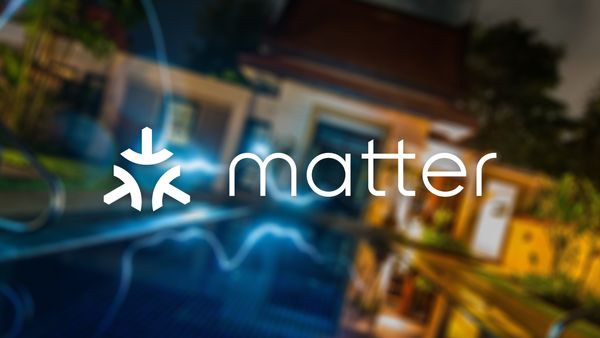 Matter (Image: Matter & Unsplsah / Edit: OMT)
Matter (Image: Matter & Unsplsah / Edit: OMT)
Later this year Matter. That protocol makes it possible to use a device with all Smart Home platforms. So soon you won’t have to look for the label Google Assistant or Apple HomeKit on the packaging, but rather the Matter logo.
#2 Audio Quality
If you only want to use the smart speaker to give commands to the smart assistant, then the audio quality is less important. Most budget speakers will suffice then. Do you want to use your smart speaker(s) for parties? Then you want the audio to be top notch. Pay special attention to the number of drivers. Many smart speakers use only one and play all audio frequencies on it. For great audio quality you should choose a smart speaker that has multiple drivers, so that the treble, bass and midrange are controlled separately. With a smart speaker that has at least twenty watts of power, you can fill a larger space like your living room.
#3 Wireless or wired
Many smart speakers are wired, like the Google Home and Google Home Mini. This is because those smart gadgets consume quite a bit of energy, requiring a hefty battery to be put into the device. If you still want to play music outside, then smart wireless speakers can switch to Blue-tooth if the Wi-Fi connection is poor or broken. Many smart features will be lost, though, unless you use your phone as a Wi-Fi hotspot. If you don’t plan to take the smart speaker outside, then a wired version is the smarter choice. These are slightly cheaper and often have more features.
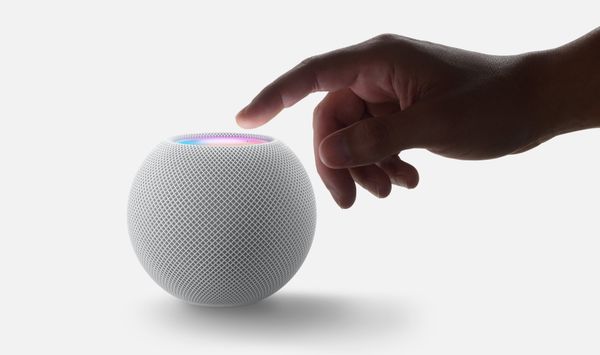 The HomePod mini (Image: Apple)
The HomePod mini (Image: Apple)
#4 Smart speaker as a HUB
Smart speakers can also serve as a hub in some cases. You can use automations this way without needing an internet connection. Currently, there are not many speakers of this kind on the market; you quickly end up with the HomePod mini. If the Matter protocol is there at the end of this year, more speakers will be able to serve as hubs. In many cases, the smart speaker can then be used offline.
#5 Privacy
Very convenient such a smart speaker, but what about privacy? Are you afraid that the manufacturer of the device will record everything and listen to what you say? It’s pretty standard these days for smart speakers to have a switch to turn off the microphone.
In general, by the way, you don’t have to be so afraid of being overheard. Most smart speakers only record when you ask the voice assistant something, and the recordings are really only used to improve the smart assistant. And yet: the option to turn off the microphone does give you a nice feeling.
When it comes to privacy and security, Apple is the place to be. The company has strict requirements for this, both with Siri and HomeKit. That’s not to say that Google Assistant and Amazon Alexa are unsafe choices. All three voice assistants also have the option to delete recent voice commands.







